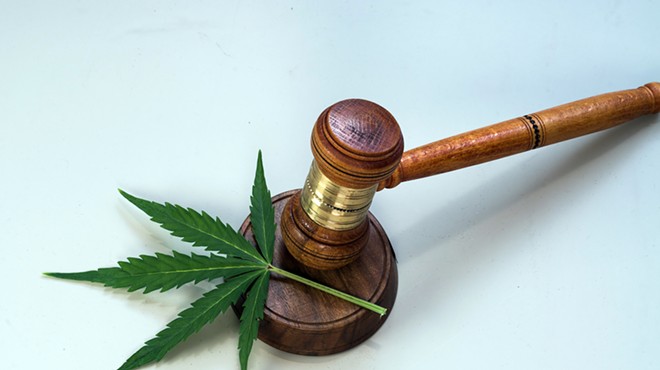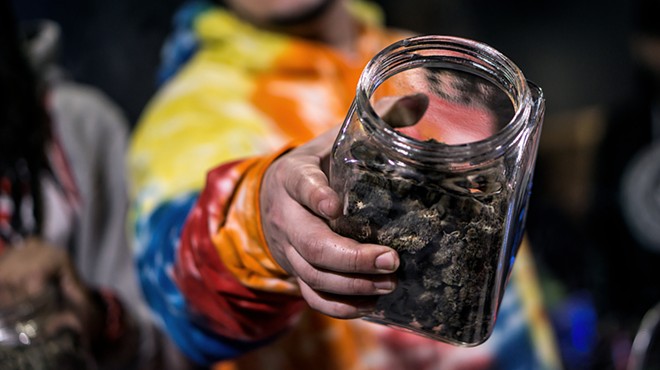Cannabis businesses will have an easier time finding a location to open in Detroit after the city council narrowly approved an amendment to its recreational marijuana ordinance on Tuesday that reduces the space needed between weed establishments and certain other businesses.
The council voted 6 to 3 to reduce the distance requirement between cannabis businesses and “controlled uses,” such as liquor stores, from 1,000 feet to 750 feet. The amendment also allows cannabis businesses to operate within 500 feet of each other, down from 1,000 feet.
Since the changes required amendments to the ordinance, the council needed six votes to pass it.
Council President Mary Sheffield, President Pro Tem James Tate, and members Fred Durhal III, Gabriela Santiago-Romero, Mary Waters, and Coleman Young II voted in favor of the amendments. Council members Scott Benson, Angela Whitfield Calloway, Latisha Johnson, and Scott Benson voted against them.
Tate, who proposed the amendments, and other city officials said the previous space requirements made it difficult for Detroit entrepreneurs to open a marijuana business because of the city’s abundance of liquor stores. By reducing the space requirements, Tate said residents can “take advantage of the stores and businesses within Detroit as opposed to going across the border and providing funds to another municipality.”
The amendments don’t impact the space requirements for cannabis businesses’ proximity to drug-free zones like schools, churches, child care centers, libraries, and recreation centers, which remain at 1,000 feet.
The three council members who voted against the amendments said they didn’t want to make it easier for cannabis businesses to open because many residents don’t want them near their neighborhoods.
“I think the conversation is premature,” Johnson said. “I would like to see things fleshed out a little more to see where we are in the current ordinance.”
The city’s ordinance allows for up to 160 recreational cannabis licenses in the city, which will be approved in three stages. Detroit issued 36 licenses in the first phase and recently began accepting applications for the second phase.
Because of the space requirements, cannabis businesses are prohibited from opening in the vast majority of downtown. Young said he wants to explore ways to enable the businesses to open downtown so fewer open near neighborhoods.
“We have to show the residents that we are serious about making sure we are not having these in the neighborhoods, where they shouldn’t be, and start having marijuana businesses in places where businesses are, which is downtown and commercial districts,” Young said.
Detroit was late to open its borders to the recreational marijuana industry. City council members wanted to ensure that Detroiters, especially Black residents, could participate in the industry, which has become dominated by white entrepreneurs.
While the sale of recreational marijuana in Michigan began in December 2019, the first businesses didn’t open in Detroit until earlier this year.
The city’s initial attempts to craft an ordinance that made it easier for Detroiters to join the industry were met with lawsuits, which claimed that the city could not give licensing preference to Detroiters.
The city’s current ordinance offers two tracks for licenses so that “equity” and “non-equity” applicants aren’t competing with each other.
In August 2022, a judge dismissed the final two lawsuits filed against the city.
Subscribe to Metro Times newsletters.
Follow us: Google News | NewsBreak | Reddit | Instagram | Facebook | Twitter









